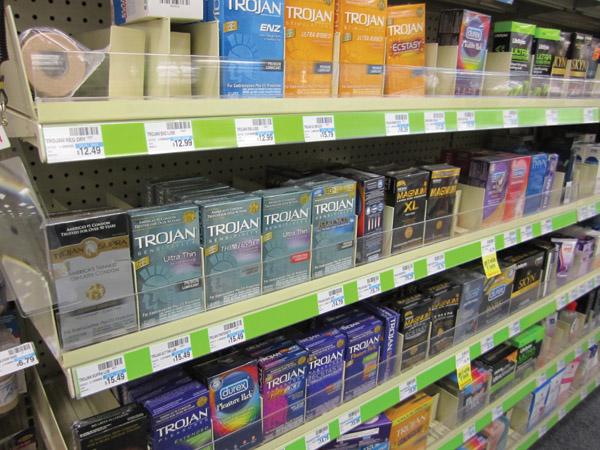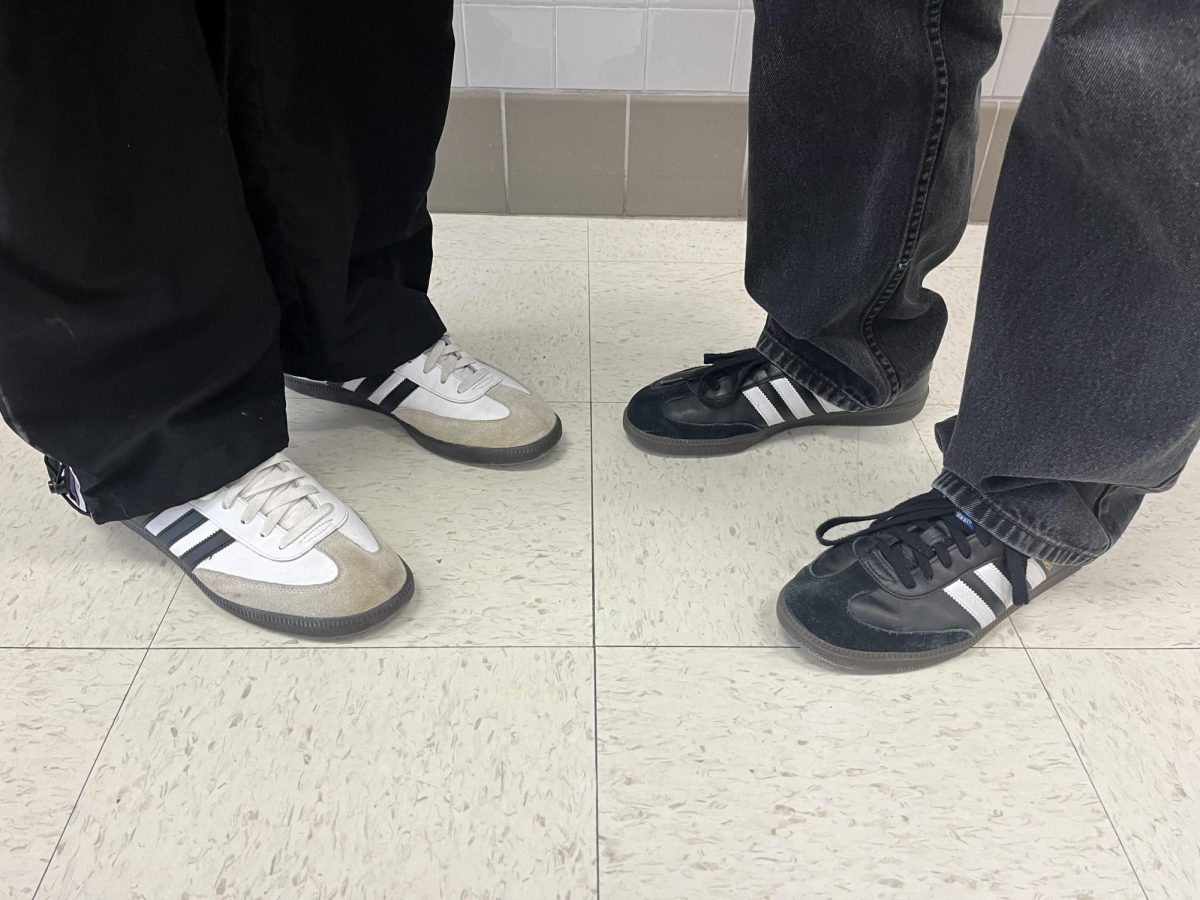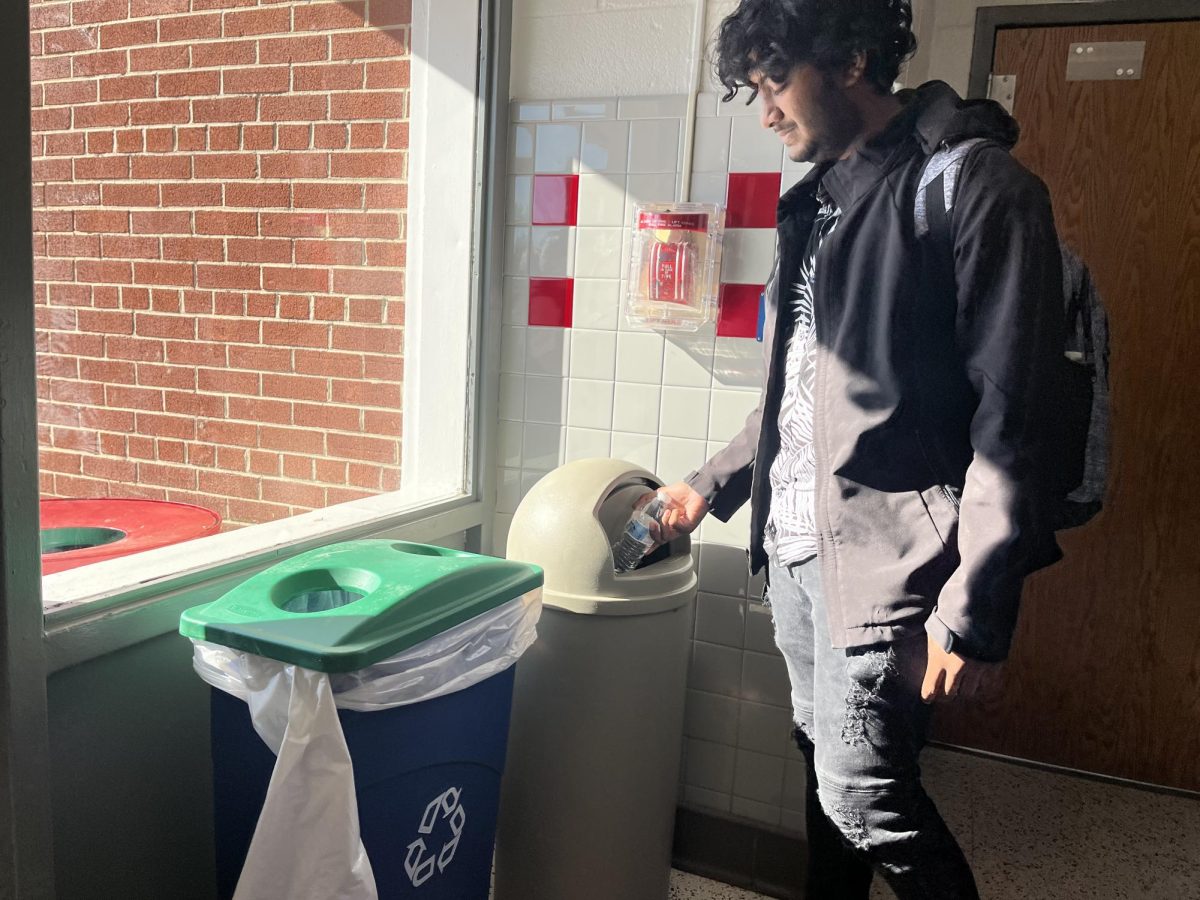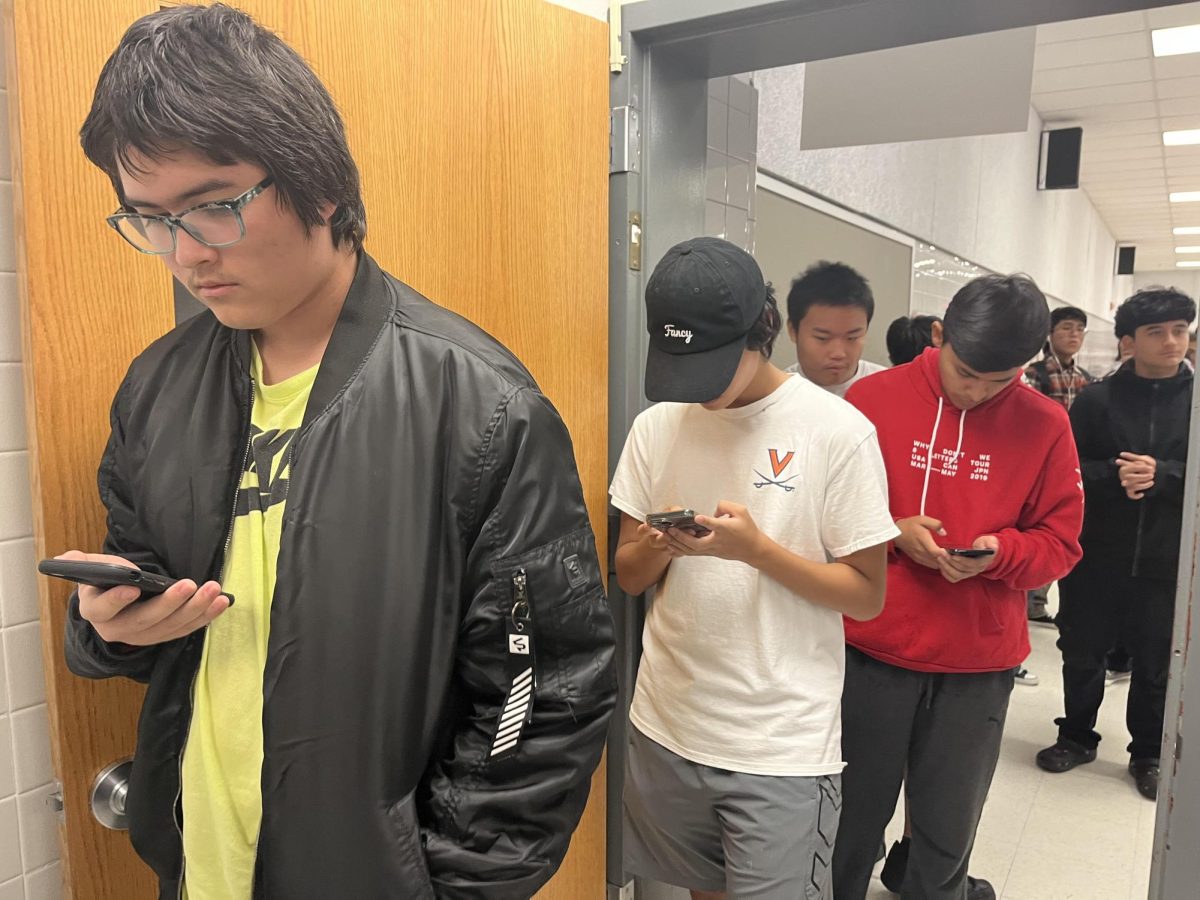 Does providing teenagers contraceptives promote sexual activity or prevent pregnancies? It might seem that it promotes sex. Making forms of birth control available to children at a young age might seem to promote the message that sexual activity is okay. Studies seem to show, however, that offering further birth control to children at a young age will actually lower birth rates among teenagers.
Does providing teenagers contraceptives promote sexual activity or prevent pregnancies? It might seem that it promotes sex. Making forms of birth control available to children at a young age might seem to promote the message that sexual activity is okay. Studies seem to show, however, that offering further birth control to children at a young age will actually lower birth rates among teenagers.
A 2010 study by the American Public Health Association discovered through a poll that 33 percent of teens have engaged in sexual intercourse by ninth grade. Another report by the Center for Disease Control reported that 75 percent of all people have had sex by the age of 20. Kids are starting to become sexually active at younger ages. At this age, they cannot and will not be able to fully understand the potential consequences of their actions.
High schools in Fairfax County require all sophomores to take a Family Life Education (FLE) class.
“The goal of our program is to persuade younger generations to wait to have sex,” health teacher Peggy Capehart said. “We also want to educate our students about safe sex with an emphasis on using protection.”
Although FLE urges teens not to have sex, the program wants students to understand how to cope with a pregnancy if such a situation arises.
Besides absitence, the most common form of pregnancy prevention is the condom.
“FLE stresses that condoms aren’t 100 percent effective,” Capehart said.
Birth control, female condoms and new developments such as NuvaRing are now also available. Although the biggest worry among teens is the chance of an unplanned pregnancy, many kids disregard the fact that they can contract a sexually transmitted disease (STD) or sexually transmitted infection (STI) through sexual relations.
Contracting STDs and STIs can be just as damaging as pregnancy. While some STIs can be cured, many last a lifetime. Once contracted, there is no undo button.
Parents think that by their children nodding and grimacing during the infamous “sex talk,” they have gotten their message across. This isn’t always the case. A lot of teens are uncomfortable when talking about sex with their own parents. They usually feel more comfortable talking to somebody else. The FLE program wants kids to be able to open up to teachers, ask questions and share stories as well.
Preventing pregnancies, while being the leading benefit of birth control, is not the only benefit of contraception.
Taking the pill helps balance a young woman’s hormones, which will result in less cramping, lighter menstruation periods and fewer premenstrual symptoms. The pill will also lower the risk of certain cancers such as ovarian cancer. An even balance of hormones will help with complexion and reduce acne.
Although the worry that the pill will promote sex is present, it is a closed-minded way of looking at this form of contraception. In the long run, any parent would prefer to not have their child become a teenage parent. Birth control can help avoid this nightmare.
Sex-related content can be found everywhere. It is in magazines, movies and on the Internet. If children can easily get their hands on something promoting sex, then obtaining birth control should be made just as easy so that they can protect themselves.
No parent wants to accept the fact that their baby girl or boy is sexually active, but it is part of growing up. Parents want to protect their children and shelter them for as long as possible. In reality, everybody is going to grow up eventually. FLE understands this and provides information to guide students through their lives.
The easiest way to prevent an unwanted pregnancy is for teens to stay abstinent. Not having sex will eliminate the chance of not only unplanned pregnancies, but also the contraction of any strain of an STD. Parents need to continue to drill into their kids’ heads not to be sexually active, as it is the safest way to support their children and prevent them any harm.









